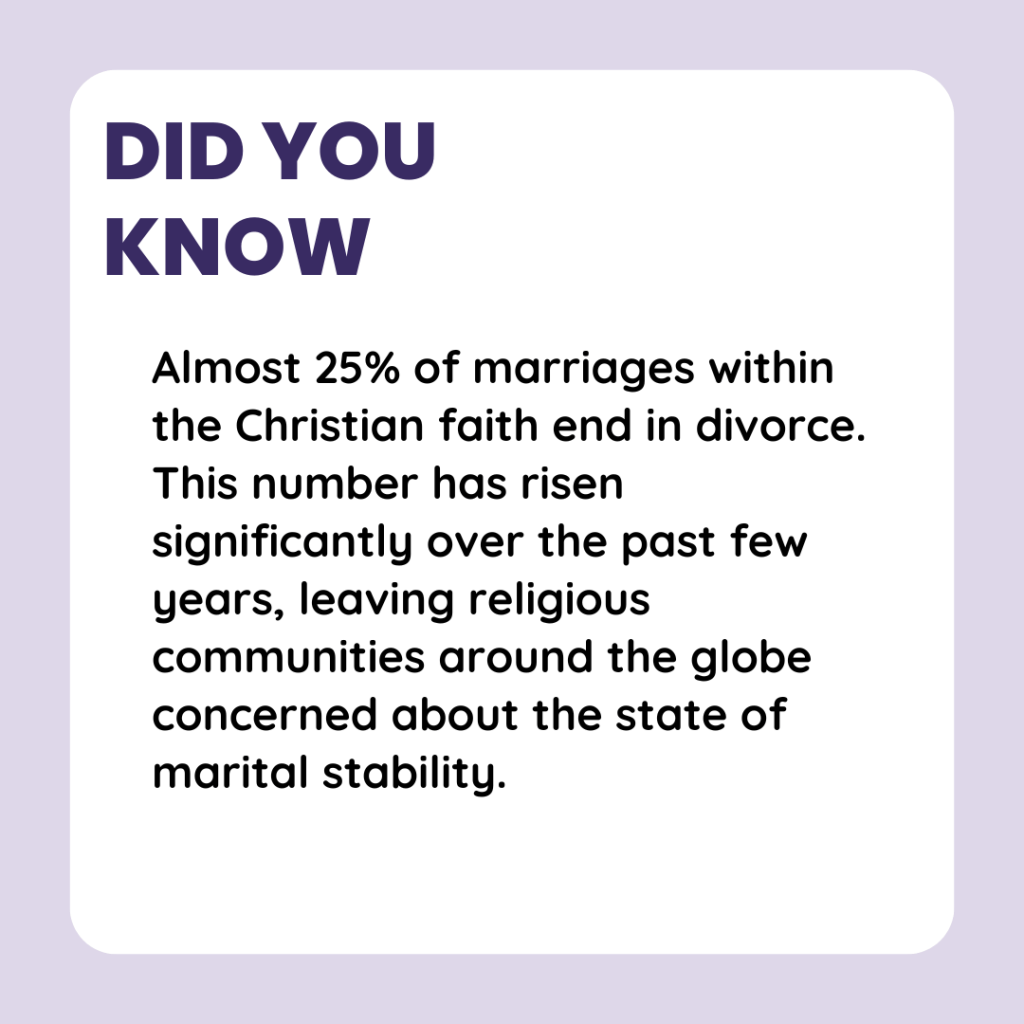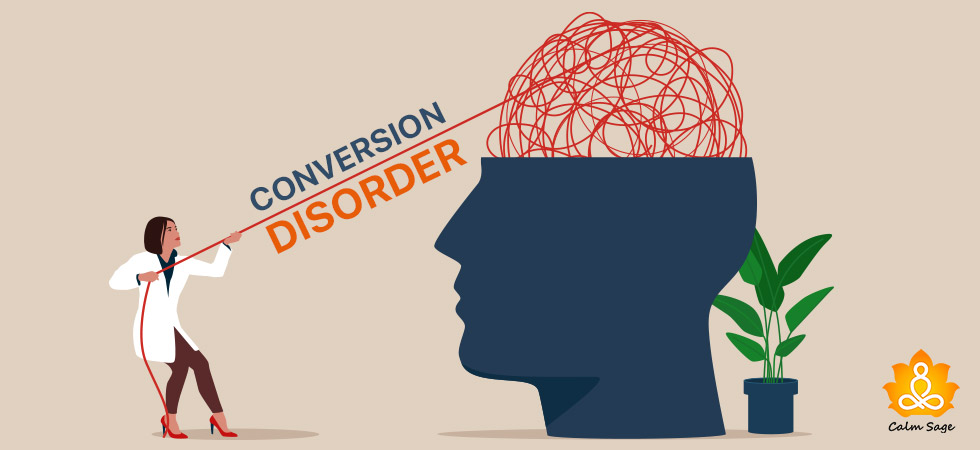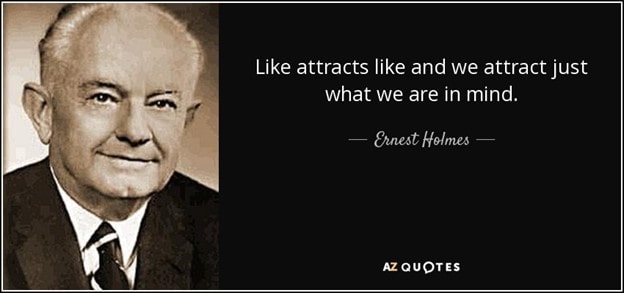A Guide to Christian Marriage Counseling: Techniques, Benefits, And More
“A successful marriage is not the union of two perfect people but the joining of two imperfect hearts with love and guidance.”
Marriage is a beautiful union, but it can be a journey filled with obstacles too challenging to navigate. When life gets tough and the relationship is put to the test, couples often seek guidance to find their way out of the storms and back to smoother waters. In these tough times, marriage counseling can be your beacon of hope and faith, especially as a couple of Christian faith.
Christian marriage counseling can offer you, as a couple, not just the tools to mend your turbulent relationship, but also the wisdom to nurture and strengthen your faith in God.
Today, let’s see how Christian marriage counseling can restore your faith, strengthen your love, and mend your relationship.
List of Contents
What is Christian Marriage Counseling?
Christian marriage counseling is a form of faith-based counseling that offers help and guidance to married couples to navigate the troubles in their lives in ways that align with their Christian values and beliefs. This form of Christian-based marriage counseling combines the principles of traditional marriage counseling with Bible teachings and wisdom.
The goal of Christian marriage counseling is to strengthen the bond between a married couple and restore faith and harmony between spouses while nurturing their spiritual and religious connection.
Moreover, Christian marriage counseling provides married couples with a safe and non-judgmental space to discuss their marital problems and work together on resolving those issues. The Christian perspective on marriage is about love, forgiveness, and commitment, which the counselor leading the therapy would use to help the couple heal and mend the relationship.
This form of marriage counseling is often led by a Christian therapist or a pastoral counselor, not unlike what happens in Christian Counseling.

The Techniques of Christian Marriage Counseling
In Christian marriage counseling, these interventions and techniques can be employed to strengthen and mend the relationship;
1. Cognitive-behavioral therapy
CBT is one technique that can be involved in Christian marriage counseling. Often the principles of CBT are merged with religious and spiritual guidance when it comes to faith-based counseling. Religious CBT or RCBT can allow a couple to explore their faith and connection with God. This practice can also help a couple to change their unhealthy thinking patterns and emotions into optimistic ones.
Also Read: What Is Cognitive Behavioral Therapy For Couples (CBCT)?
2. Biblical Counseling
Christian marriage counseling can also use biblical counseling as a technique. Christian marriage counselors can use the Bible as a foundation for their sessions with the couple.
They might explore the scriptures to offer advice, insights, and solutions to the couple for their marital problems. Some counselors might even use prayers as a part of counseling where they encourage the couple to pray as an act to foster a sense of spiritual connection.
3. Communication Exercises
Healthy communication is an essential part of any relationship and Christian counseling is no different. Christian marriage counselors teach couples how to express their emotions and feelings openly and honestly with each other, foster kindness and compassion in the relationship, listen and respond with patience, and ultimately understand each other’s perspective.
4. Emotionally-focused therapy (EFT)
EFT is another technique that focuses on restoring emotional connections. In Christian-based marriage counseling, EFT can help a couple recognize and express their emotions and understand how each emotion affects their relationship.
Also Read: What is the Emotional Freedom Technique (EFT)?
5. The Gottman Method
Another couples counseling technique that Christian marriage counselors can employ is the Gottman Method. The Gottman Method is a technique that can help couples improve their communication skills, create trust, and increase intimacy.
The Benefits of Christian Marriage Counseling
Christian marriage counseling can help with various issues such as marital problems, communication, spirituality, acceptance, forgiveness, stress, self-compassion, self-esteem, resentment, and more. Other than resolving these problems, Christian marriage counseling can have benefits such as;
1. Allowing Spiritual Growth
Christian marriage counseling can help an individual or a couple strengthen their spiritual connection and deepen their faith in God. This form of counseling encourages a couple to explore their beliefs, values, and principles of their faith and how they relate to their marriage. This growth and connection can offer a couple a sense of purpose and direction in their relationship as well.
2. Improves Communication
Healthy communication is a cornerstone of any successful marriage. Christian marriage counseling helps a couple develop communication skills and teaches them how to express themselves openly and honestly while actively listening to their partner. These techniques often focus on kindness, patience, and understanding between the couple which can allow them to navigate difficult situations with love and understanding.
3. Enhances Intimacy
Marriage can sometimes lose the spark, so in that case, Christian marriage counseling can help remind a couple what brought them together in the first place. With the help of biblical counseling, prayers, and other techniques, a couple can be encouraged to rediscover their reasons for being together. They can engage in activities that deepen their relationship – physically as well as emotionally.
4. Strengthens the Marriage
Christian-based marriage counseling can help a couple build a solid foundation grounded in the principles of love, faith, forgiveness, and commitment. Couples in Christian marriage counseling are guided in understanding these principles within their relationship, which can strengthen their bond.
5. Offers Community Support
Many marriage counseling sessions, especially in faith-based counseling, involve seeking advice and support from communities. The communities involved can offer invaluable support and encouragement. Other couples who’ve been through similar struggles can offer insights based on their experiences. Moreover, such support from community members can become a source of strength for many couples.
What to Keep in Mind?
While Christian marriage counseling has been proven effective in resolving marital problems, there are some things you need to consider while undergoing marriage counseling. You need to be prepared to open up about your marital issues and be honest with yourself as well as the counselor. This will help them offer the best possible guidance and solutions.
While in marriage counseling, you need to remember that healing takes time. Don’t expect immediate results, but trust that the counselor knows what they are doing. You also need to choose a counselor whose values, beliefs, and faith align with yours and your partners’.
Even so, before you decide on marriage counseling, talk to your partner about their beliefs, values, and faith. It will be beneficial to choose a counselor based on the mutual goals, values, and beliefs of a couple.
Where to Find Christian-Based Marriage Counseling?
If you and your partner are considering Christian marriage counseling, then here are some resources that can help you in your search;
1. Faithful Counseling:
Faithful Counseling is an online marriage counseling platforfaithm that offers access to Christian counselors who specialize in marriage counseling and family therapy.
2. Hope Restored:
Hope Restored is a biblically based, Christian counseling platform for couples facing a crisis moment in their marriage. They offer access to licensed Christian counselors who are trained to work with couples who are struggling with long-term marital problems.
3. Ask Your Church:
Some Churches offer marriage counseling or can help you find a counselor who specializes in Christian or faith-based counseling. You can reach out to your Church for recommendations.
4. Books and Workshops:
You can also find support and guidance for your marriage through numerous faith-based books, workshops, and courses online.
Wrapping Up…
Christian marriage counseling can be a powerful faith-based approach for couples looking to mend their marriage and strengthen their connection and faith in God. With the help of biblical counseling, effective communication skills, and relationship-building exercises, faith-based couples can find the support they need to resolve their marital problems while growing closer to each other and their faith.






